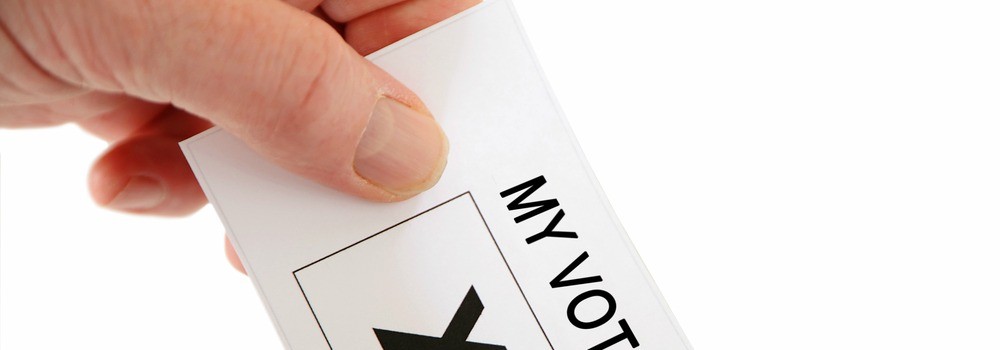WGGB General Secretary Bernie Corbett takes a look at the election pledges of the political parties to find out what’s in store for the arts
It is fair to say that so far arts, entertainment and the creative industries have failed to dominate the General Election campaign.
Nevertheless, last week’s party manifestos do at least mention the subject – so what do the parties have in store for us if they win, or hold the balance of power?
The Tories, fresh from leading a coalition that abolished the UK Film Council and the Public Lending Right Agency, and took an axe to Arts Council funds, get around to the subject on page 41. They say that: “In music, art, fashion, theatre, design, film, television and the performing arts, we have an edge… these things do not just enhance our national prestige and boost our economy; they help tie our country together”.
They promise they will continue to support local libraries, ensuring remote access to ebooks without charge and with “appropriate compensation” for authors. They plan to continue tax incentives for films, theatre, videogames, animation and orchestras, and extend them to children’s television. And they will continue to freeze the BBC Licence Fee.
Meanwhile, Labour promises a universal entitlement to a creative education, will require any institution that receives arts funding to open its doors to young people, and will increase the number of apprenticeships in the creative industries.
The Lib Dems are a little bit easier on the BBC, pledging that the Licence Fee will not rise faster than inflation. They also say they will keep Channel 4 in public ownership and protect the funding and independence of Welsh language broadcasters.
UKIP’s manifesto has a section on “British Culture” at page 60, but it doesn’t actually mention broadcasting, theatre, film or literature.
Not to be outdone, the Greens deal with media, sport and culture on page 61. Their bullet points include maintaining the BBC with funding “guaranteed in real terms”; increasing arts funding by £500 million a year to restore the cuts made since 2010; reinstating council funding for theatres and libraries; cutting VAT to 5% for live performances; supporting fair pay in the arts; and improving accessibility.
The Scottish National Party and Plaid Cymru both seek devolution of broadcasting and its regulation.
Ballot box image above: Shutterstock.com/Steve Woods

